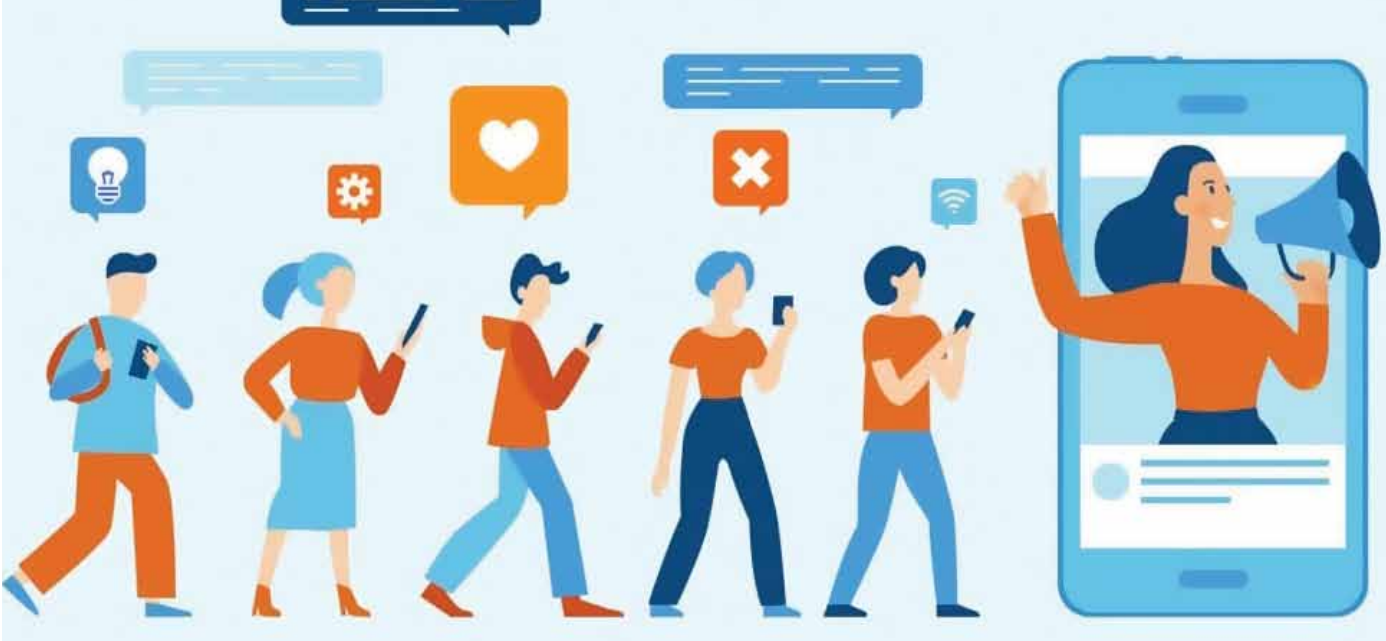Authenticity is the internet’s most sought-after illusion. When social media first promised a democratic space where anyone could speak, the appeal lay in its spontaneous and unorchestrated communication —its sense of being “real”. But as platforms professionalised, so did their users and the line between self-expression and self-promotion blurred. Today, even the most “unedited”, raw story is shaped by the logic of the algorithm. The grainy selfie, the offhand confession, all these have become part of an established visual language that in good ornbad faith evokes trust in users and followers.
Brands have welcomed this shift. Consumers no longer respond to overt salesmanship, but they do respond to emotion, relatability, and the feeling of being seen. Influencers who can sell a lifestyle while appearing unscripted hold immense power. Thus, authenticity—the very thing once thought to resist commodification—has become the most marketable quality. It’s what gives a creator credibility. The performance of sincerity has replaced the performance of glamour, but mind, it’s still a performance.
A world of too much
The influencer economy peaked during the pandemic: lockdowns, streaming breaks, social-media bingeing.
Continue Reading on The Express Tribune
This preview shows approximately 15% of the article. Read the full story on the publisher's website to support quality journalism.
